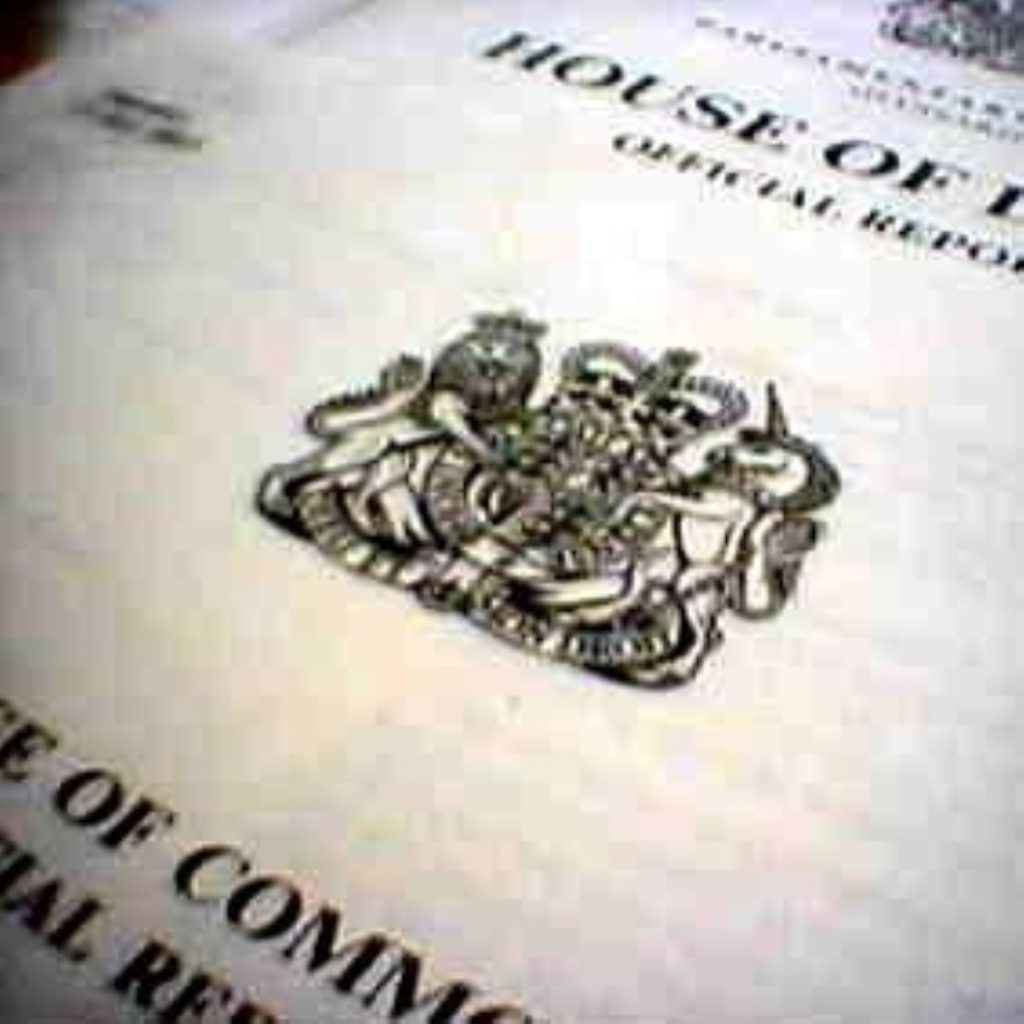Minister denies done deal on Trident
Defence minister Lord Drayson has insisted that “no decisions have yet been taken” on the future of Britain’s nuclear deterrent system.
He said a white paper would be published at the end of the year, assessing the risks, the threats, the costs of replacing the Trident missile system and other options.
Facing the Commons defence committee this afternoon, the peer denied suggestions by CND and Greenpeace that increased activity at the Atomic Weapons Establishment at Aldermaston indicated a decision had already been taken.
Lord Drayson said these claims reflected a “misunderstanding” of the investment in the site, arguing that continuing works there were necessary to make sure the existing nuclear deterrent was maintained in a “safe and effective form”.


The white paper would set out preparatory work carried out by ministers and civil servants to allow parliament to discuss the way forward, he said, adding: “We are at the stage where options are being reviewed but no decision has been taken as yet.”
Gordon Brown prompted a major row in the Labour party earlier this year when he said he was committed to maintaining Britain’s nuclear deterrent in some form, despite this commitment being in the party’s last manifesto. Tony Blair also backs replacing Trident.
However, ministers have insisted that parliament will have a say in whether it will be replaced or not. Critics argue that not only could Trident’s replacement cost up to £25 billion, but it would also breach the Nuclear Non-Proliferation Treaty.
Today CND published an alternative white paper calling for Britain to give up its nuclear deterrent when it becomes obsolete. It argued that such a position would strengthen the international disarmament regime and deter further nuclear proliferation.
Several Labour MPs have backed the document, including John McDonnell – who has promised to challenged Mr Brown for the Labour leadership – and deputy Labour leadership hopeful Jon Cruddas.
“It is time for our government to hold transparent, meaningful talks on the full scope of their plans,” said John Trickett, chairman of the Compass group of MPs.
“It is also imperative that all who fear a new arms race and the strategic folly of spending vast amounts of taxpayer’s money on a deterrent that belongs to a bygone era make their opposition to such a course of action crystal clear.”
Former environment minister Michael Meacher added: “If greater security is the defining factor, then the UK absolutely should not replace Trident. It answers no threats that we currently face and in fact creates more.”
However, the Conservatives are in favour of replacing Trident, and this morning former foreign secretary Malcolm Rifkind told Today it was an “insurance policy” against possible threats from emerging nuclear powers.
“We’ve scrapped all our tactical nuclear weapons which could be combined with artillery and so forth, and we’ve also very substantially reduced the number of warheads on our Trident submarines,” he said.
“So we have the minimum nuclear deterrent. And it’s basically an insurance policy.”












